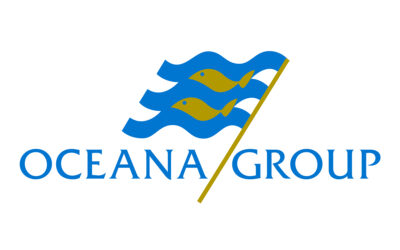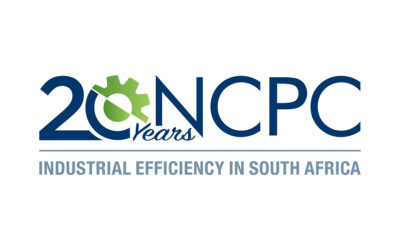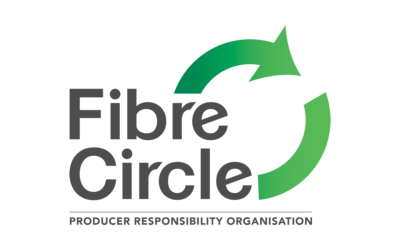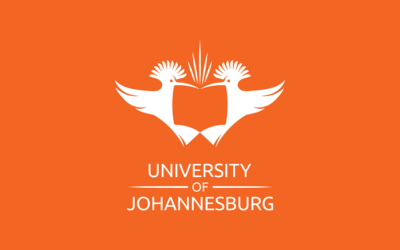Mbali Brigette Mathebula discovered the colossal voice that a small community can have.
Hailing from eMalahleni — “the place of coal” — Mathebula is a first-hand observer of the effect of pollution on her community’s health. A satellite data analysis by Greenpeace Africa in 2018 revealed that eMalahleni tops the charts as one of the world’s largest nitrogen dioxide hotspots. This harmful gas contributes to the formation of fine particles, known as PM2.5, and ozone, two of the most dangerous air pollutants.
Mathebula therefore takes climate change seriously. She realises that the consequences of pollution affect her community directly — not only now, but increasingly in the future.
She regards raising her children as her proudest accomplishment. After the harrowing realisation of their declining health, Mathebula says: “I couldn’t be quiet anymore as my girls were affected. I don’t wish this upon any other person, so I vowed to speak up and raise awareness around my community.”
Her own voice of awareness has been amplified by her involvement with the Vukani Environmental Movement (VEM). This community-based organisation was established in 2016 to address environmental issues that local communities face.
In March 2022, VEM was integral in the ruling of the #DeadlyAir case — a triumph for environmental justice. The high court recognised the poor air quality in Mpumalanga’s Highveld region as a breach of residents’ constitutional right to have the environment protected from pollution, and to live in an environment that is not harmful to their health and wellbeing.
Mathebula advocates an uncontaminated environment and community. “I wish that everyone could play a role in taking care of the environment and change their way of thinking that coal is the solution,” she says. “I wish that we [could] realise that a good life without fossil fuels is possible.”
I vowed to speak up and raise awareness around my community










